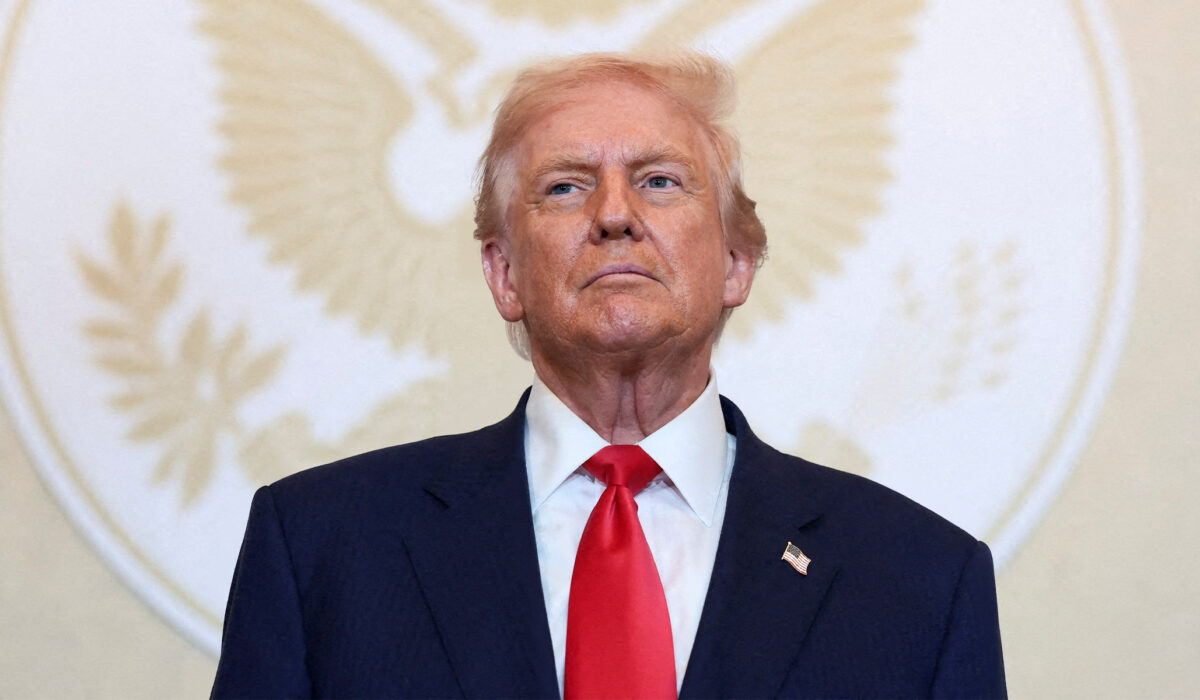Appeal Strategy: Five Constitutional Lines of Defense
With an embarrassment of riches to choose from, the president’s appellate team raises five claims. The approach is to frame the case not as a narrow dispute but as a set of constitutional failings that deserve serious judicial review. On appeal, that changes the battlefield from politics to law.
First up is jurisdiction and venue, a basic but powerful challenge. If a court lacks proper authority or the forum is plainly wrong, the case can be tossed or moved, and the appellate team is pushing that point hard. Republicans will argue that process matters as much as substance.
Second is presidential immunity and separation of powers, a claim that reaches the core of constitutional design. The team contends that subjecting presidential acts to routine criminal prosecution risks upsetting the balance between branches. Courts must be careful before setting new precedents that expose future presidents to partisan litigation.
Third, the appeal raises free speech and political-motive concerns, arguing some actions were political expression or protected conduct. When enforcement looks selective, it screams of double standards and invites scrutiny of prosecutorial intent. The Republican perspective treats selective prosecution as a political weapon, not justice.
Fourth are Fourth and Fifth Amendment claims about searches, seizures, and due process. Appellate lawyers often spotlight warrant defects, improper procedures, and withheld exculpatory material to undermine the trial record. If evidence is tainted, the conviction—or even the case itself—can unravel on appeal.
Fifth, they allege prosecutorial misconduct and selective enforcement, pointing to irregularities in charging decisions and investigative conduct. The argument is that legal rules were bent to secure headlines and a conviction rather than to serve justice. That kind of conduct, if proven, demands reversal or a new trial.
These five claims are complementary, not redundant, and that’s intentional. By pressing multiple constitutional and procedural angles, the defense forces appellate courts to parse complex legal questions rather than relitigate partisan disputes. The strategy buys time and injects legal rigor into what otherwise looks like a political spectacle.
Appellate relief can take many shapes: dismissal, suppression of evidence, a new trial, or narrow legal rulings that shape future prosecutions. The team will press for clear legal standards to prevent a replay of similar prosecutions against other officials. Republicans emphasize that rule-making by judges should protect institutional norms and electoral choice.
Beyond legal theory, the practical stakes are high for the country and for precedent. An appellate court that corrects overreach restores balance; one that defers risks normalizing politically driven prosecutions. That is why the defense is not just protecting one man but arguing for the stability of presidential accountability rules moving forward.

